17. “Inglourious Basterds” – Christoph Waltz (Quentin Tarantino, 2009)
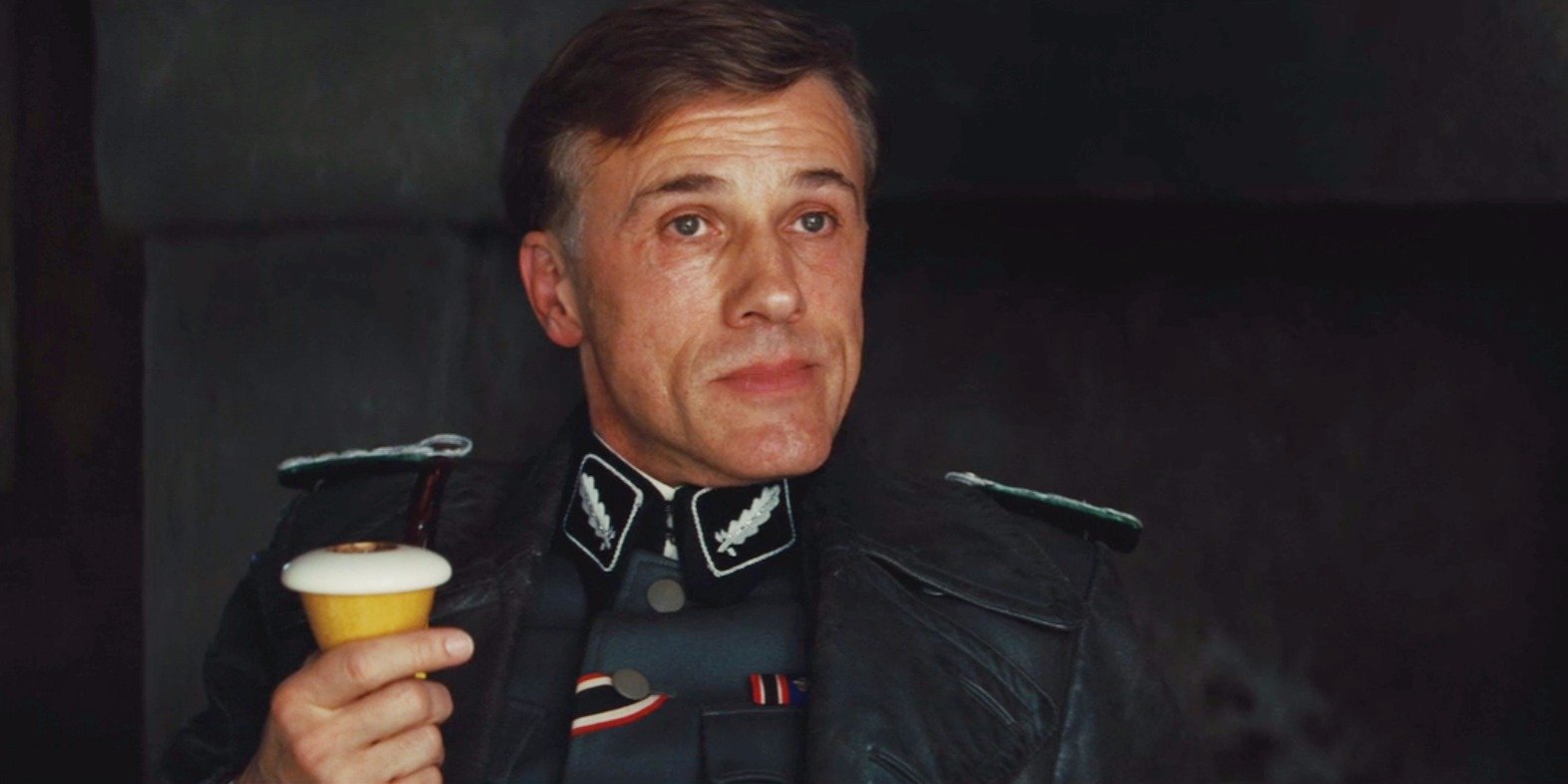
At the end of the day, we should be honest: “Inglourious Basterds” is a funny and silly movie surrounding a revisionist history where the Third Reich is riddled like a Swiss cheese. But even with that in mind, Quentin Tarantino leads some scenes to perfection with his directing and dialogue.
In all but one, the central role is held by the (at the time) unknown Austrian actor, Christoph Waltz. As Colonel Hans Landa, he evokes both excitement and instills fear. One moment you are laughing at his childish charm, and in the next you are trembling with terror. The best monologues go right to him. While he ends up unceremoniously humiliated (to the great joy of the majority), he is the factor that holds this beautiful mess together.
16. “The Lost Weekend” – Ray Milland (Billy Wilder, 1945)
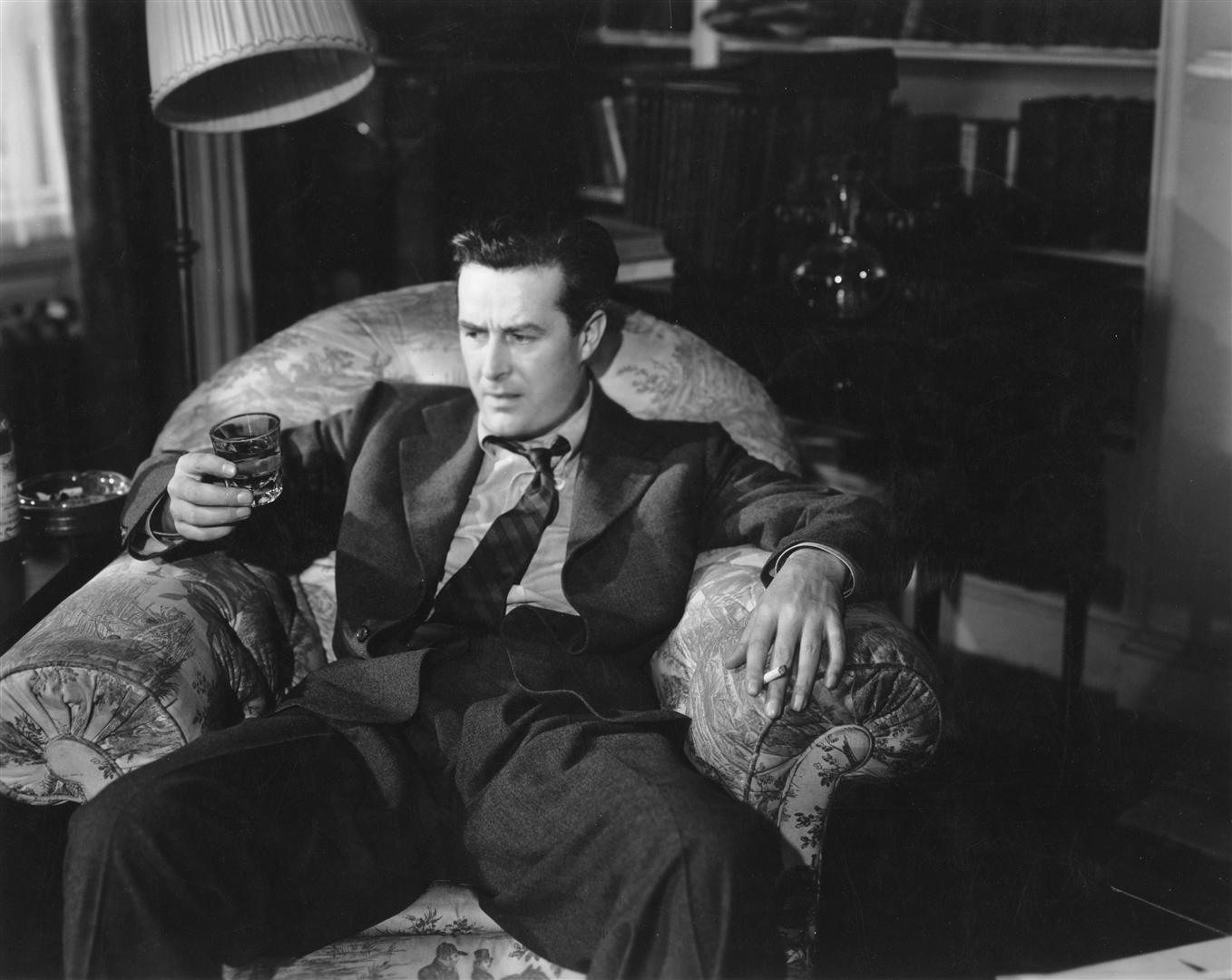
The first winner of this award is also one of the best. A game changer of sorts, given the fact that it presented alcoholism in one dark, sinister way, in a total contradiction to the lovable buffoon that preceded him. Under the watchful eye and pen of masterful Billy Wilder, Ray Milland gives the role of his career as a writer with writer’s block, dedicated to the dreadful vice. This is a man who’s deep into his sickness, with an inability to live an adequate life without tasting that sweet Scotch. His gaze is the one that stays engraved in one’s memory – empty and lost, someone who cries for salvation.
Physically, Milland also delivers; we see the regression of his body and mind (the scene in the mental institution and the hallucination with mice and bats are horrors for decades to come). One of the most powerful performances of the classic age, damaged only by the restrictions of the production code.
15. “Jagten” – Mads Mikkelsen (Thomas Vinterberg, 2012)
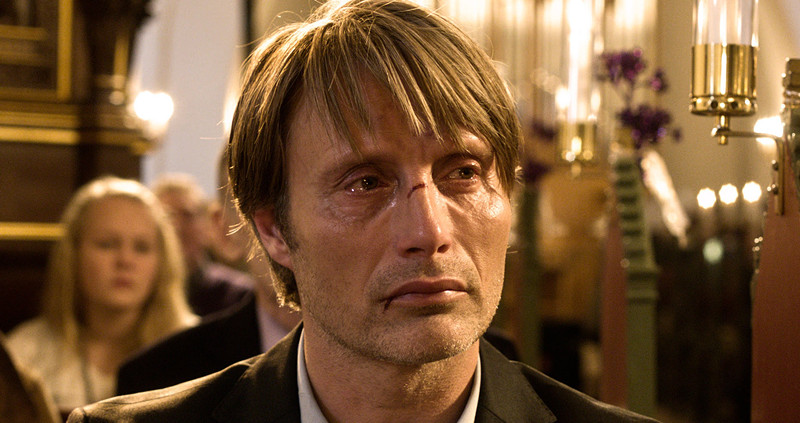
Mads Mikkelsen has showed that he is an acting giant with roles in his native Denmark (not so much Hollywood), but wherever he is, he leaves an impression of a dangerous, deranged individual. So it came as a surprise that here he plays a gentle educator, and he does it so convincingly, while keeping in mind that until recently he was associated with the worst kinds of psychoses. But the transformation from bad to good is not the only thing worth writing about; he is a man who endures enormous mental, emotional and physical torture.
It is painful to watch an entire community (including close friends and family) turning against one man for unchecked gossip. It is an enraging experience, but because of Mikkelsen’s persuasive acting, you should stay to the end.
14. “The Last Detail” – Jack Nicholson (Hal Ashby, 1977)
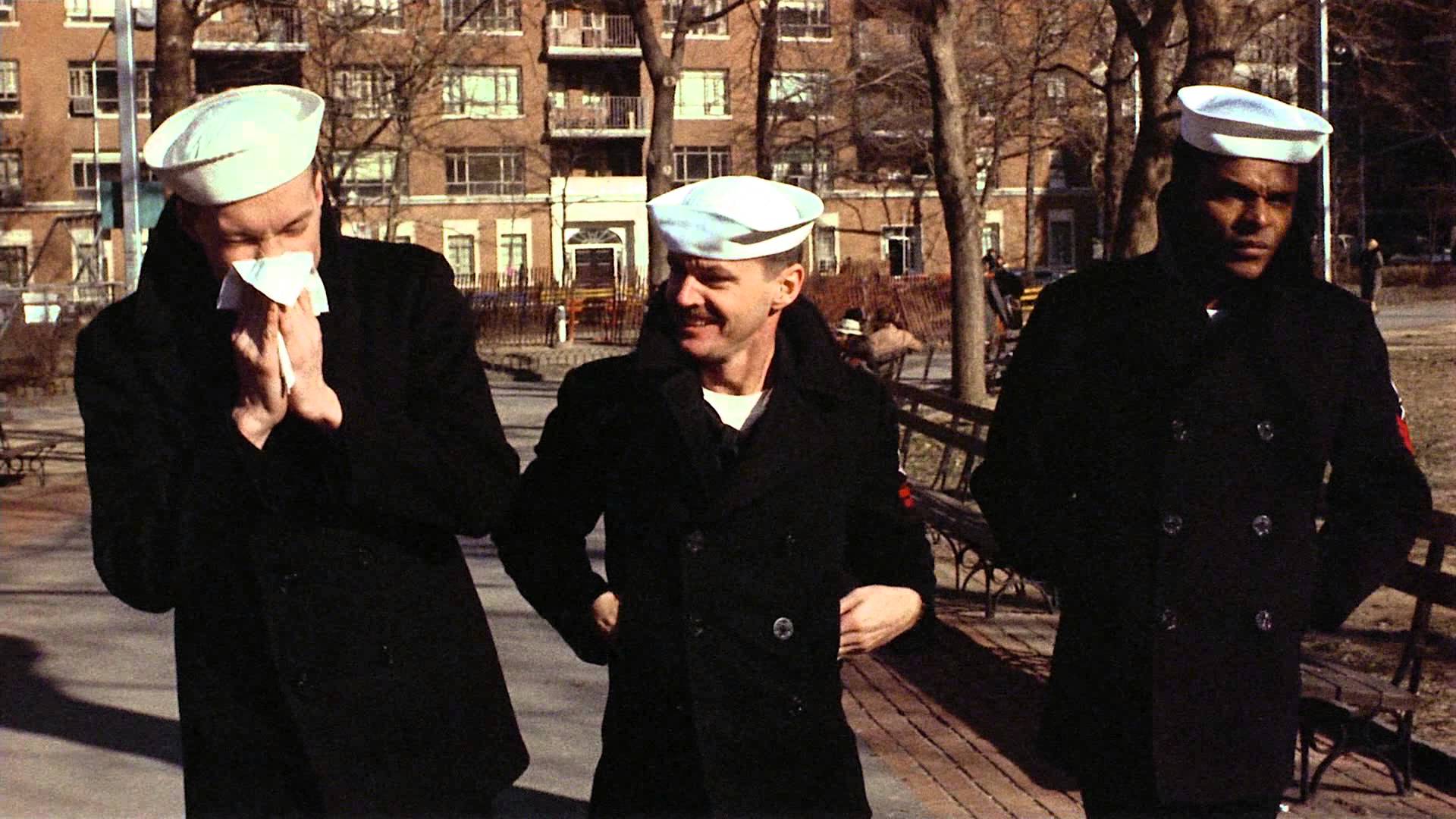
This giant of Hollywood left behind an impressive body of work, especially in his early period in the 1970s. But this gem unfortunately stays neglected. Balancing evenly between composure and calmness (as seen in “The Passenger”) and a total madness, as most of us know him for, this is one of his most cheerful performances.
A sailor with a big heart and with a full sailor vocabulary, he makes this otherwise sad movie a fun ride for Randy Quaid and the public alike. This positive energy was also spotted at the festival, so a prize was guaranteed amongst strong competition.
13. “Mona Lisa” – Bob Hoskins (Neil Jordan, 1986)
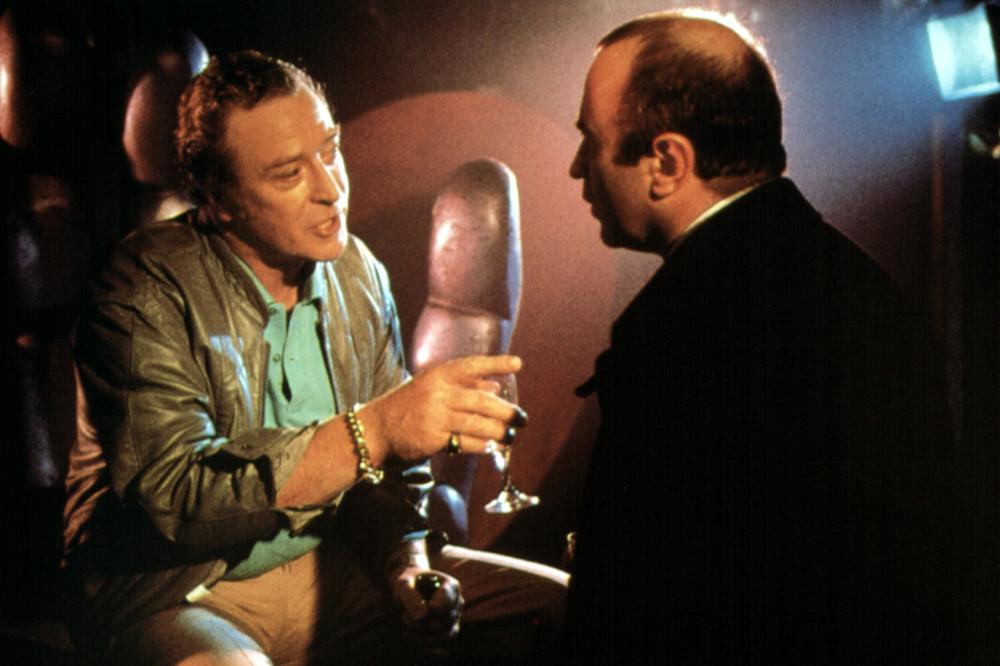
Many actors, even with outstanding talent, go under the radar due to a lack of physical appeal. Bob Hoskins in one such actor. Stubby and small, he was no eye candy, but with every role he gave an excellent performance. His brightest hour came at Cannes in 1987, where his natural grief and (un)attractiveness were perfectly channeled into a blue collar man thrown in a world of elite prostitution.
Disdained and watched from a large distance by everyone, this was a perfect initiator for the gifted Englishman. He works best when he is scrappy and furious. This role gave him exactly that and this crime thriller, under the outstanding Hoskins, becomes and remains Neil Jordan’s best in his career.
12. “Nobody Knows” – Yuya Yagira (Hirokazu Kore-eda, 2004)
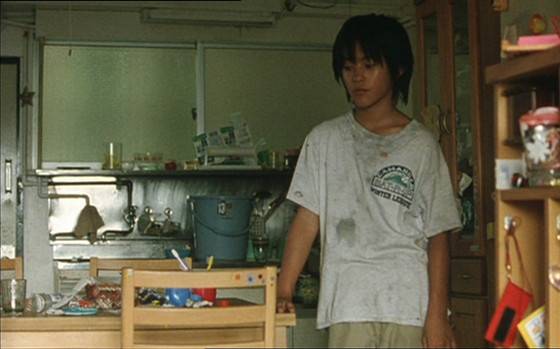
The youngest winner of this prestigious award, which is a feat in itself. As a child, it was a great responsibility to carry the entire film on his shoulders, but this group, with Yuya as a leader, does the whole thing with great results. Reserved with dialogues, his full work usually relies on mimicry and body language, and for the young one, presenting a premature step into adulthood was something he did with great ease (as bad as that sounds).
The movie is a depressing one with few happy moments sprinkled in, and the adolescent boy is able to shift from dismal to joyous with one change of expression. This is a hard film to endure, but in the end it is worth it to see the children show what they have.
11. “Cyrano de Bergerac” – Gerard Depardieu (Jean-Paul Rappeneau, 1990)
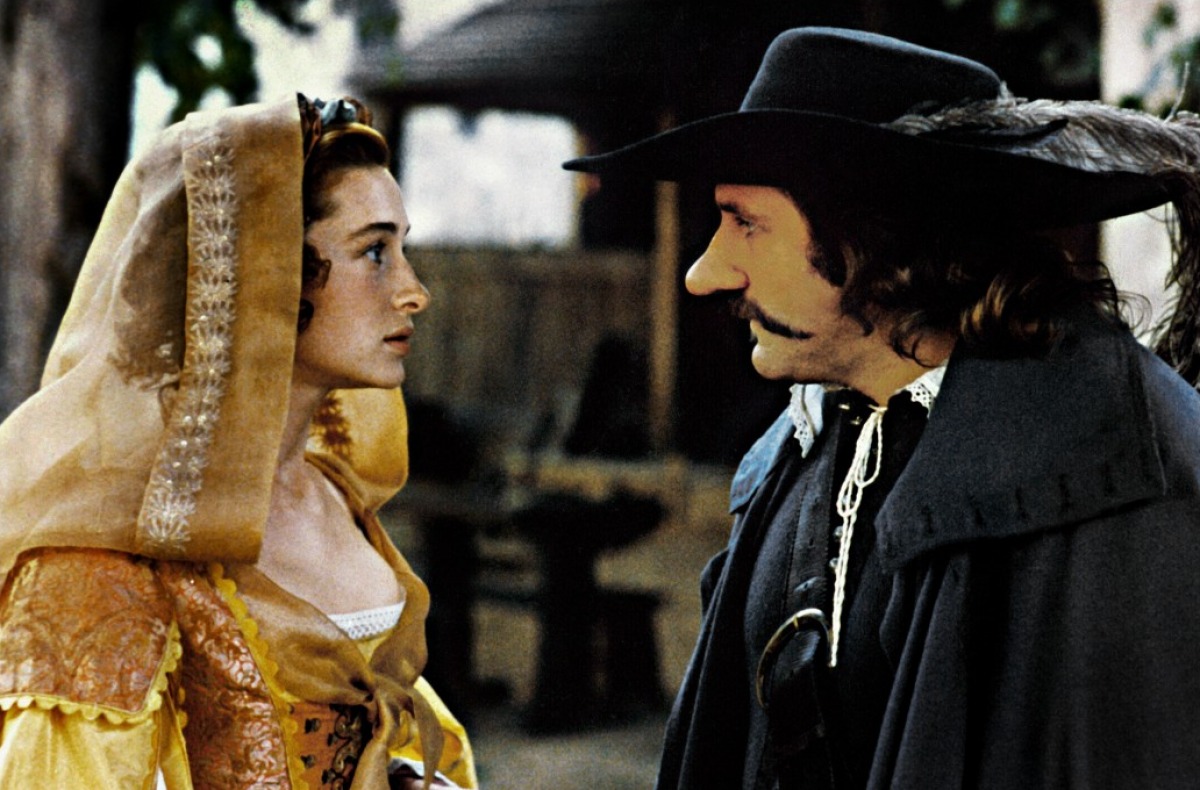
Gerard Depardieu and Cannes go hand in hand. The actor’s films have been in the repertoire of the Riviera since the 70s, and many have been awarded with all kinds of prizes, but the actor got his long overdue reward in 1990. To some, the film may be forgettable, but it is a Depardieu role we are talking about – he dominates every scene. Even under full prosthetics and makeup, this movie allows the French actor to showcase all his qualities.
In this one role, an incomprehensible genius, a hopeless romantic, an honored commander and a convincing speaker are all intertwined. The French star slips from one persona to another in an instant. If there ever was a time when this acting legend should have gotten an award, it was that faithful May of 1990.
10. “Sult” – Per Oscarsson (Henning Carlsen, 1966)

Charming and, on one hand, alien, Per Oscarsson was a surprise when the award was given. But years later, when we look back on this adaptation of a novel by Knut Hamsun, it is clear the choice was right.
Here we have a man with an incredible gift for writing in an inability to capitalize on that, so he is bound to starve. His physical state, while skeletal, is good; it is his mental state that is regressing. But then his pride comes in and the anguished intellectual tries, in all ways, to not express his bad social state, going so far that he refuses treats and gives what little he saves to the ones he deems are in a worse state.
Oscarsson’s mannerisms are a benefit to watch. You want to laugh at his antics, but the cruel irony of fate allows only a nervous smile. The end perhaps stays ambiguously happy, but the washed face and the almost hollow look stay engraved in a memory.
9. “The Browning Version” – Michael Redgrave (Anthony Asquith, 1951)
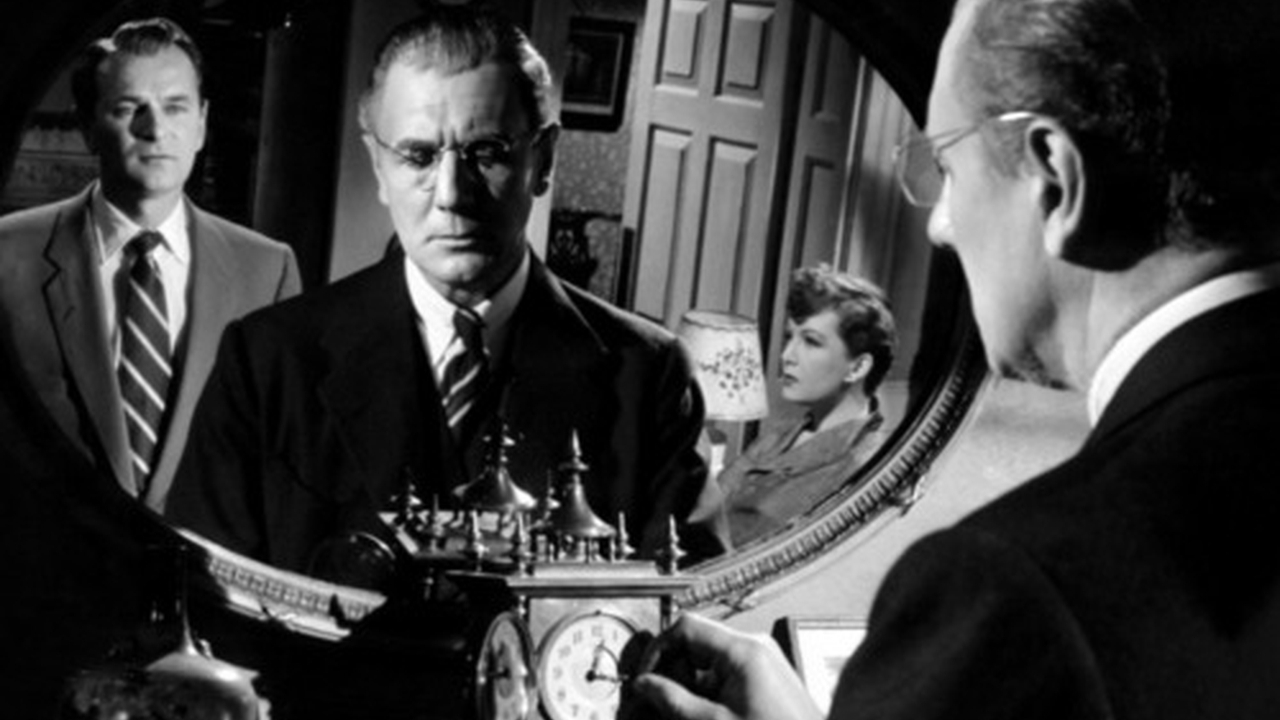
In the acting business, one of the toughest tasks is to convince the public that an extremely repulsive character can become lovable. That type of work was given to Michael Redgrave in this first adaptation of Terence Rattigan’s play, and he delivers a subtle and powerful performance. It is hard to imagine that the snobbish, condescending and featureless professor is the same guy at whose speech you will try to hide the tears at the end of the film.
While you watch this turbulent ride, in which a boy named Taplow, the only person who shows sympathy to the estranged tutor, has an important role, you cannot stifle the occasional laugh (with a honest tears as well). Redgrave isn’t the first to come to mind when we talk about the Golden Age, but the jury recognized the magnitude of this performance, and it is here to stay.